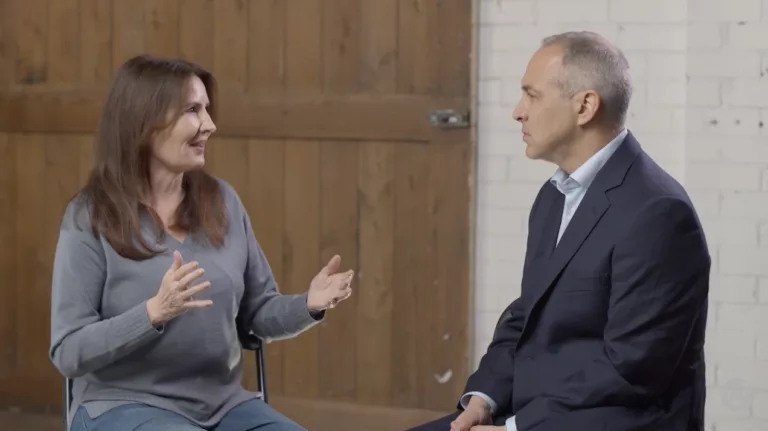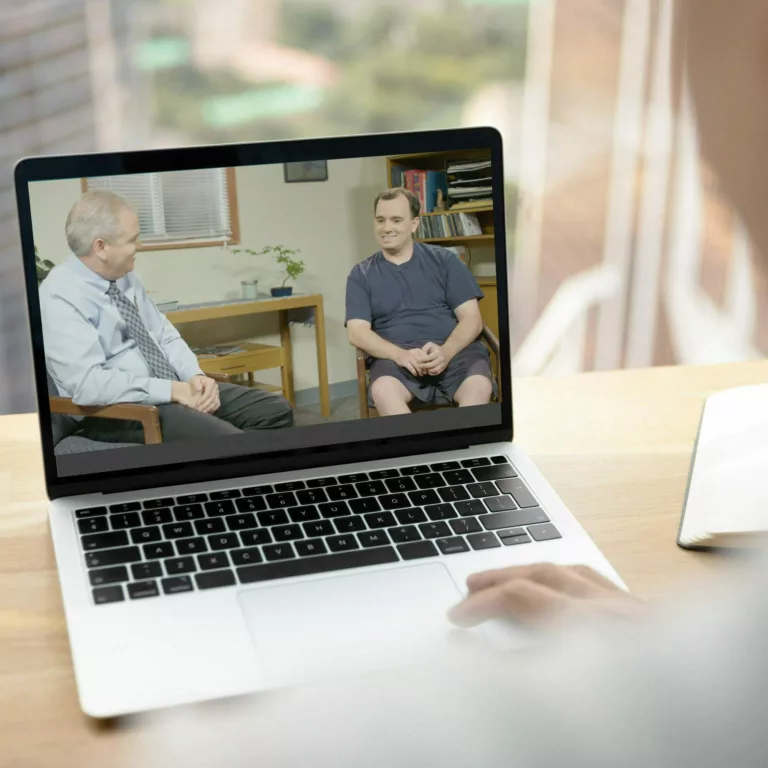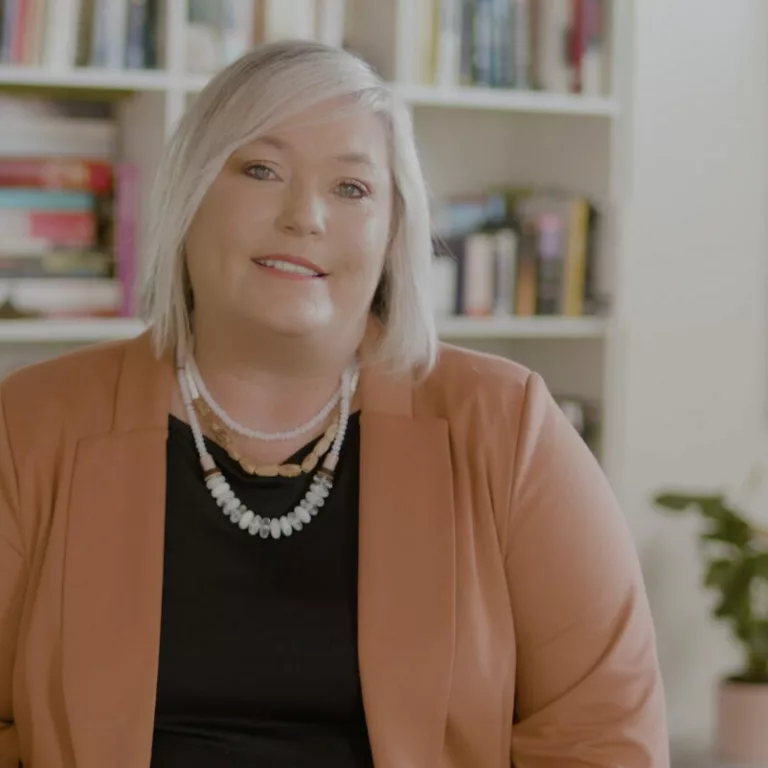Programs Across the Suicide Prevention Continuum

Building Stronger Teams Together
Core Connections was developed by Dr Peter Wyman and colleagues (2020, 2023) at the University of Rochester. It is a six-hour program for military, law enforcement, and first responders, designed to enhance group resilience and individual well-being. Through collaborative learning, engaging activities, and peer-to-peer sharing, Core Connections builds strengths, fosters healthy coping, and establishes a supportive network. Participants learn to navigate challenges collectively, reinforcing mental health and preparing them to tackle professional obstacles with confidence and a sense of being supported.

Person-centered care
SafeSide CARE provides suicide prevention through tailored, comprehensive education designed for healthcare, youth services, education, and community support sectors. Our unique InPlace Learning® model combines video-guided instruction with live interaction, fostering sustainable skills development in groups ranging from small teams to larger organizational units.
With adaptations for Mental Health, Primary Health, Youth Services, and Alcohol & Other Drugs, SafeSide addresses each area's distinct challenges and opportunities. SafeSide CARE offers a common approach to suicide prevention, unifying and upskilling diverse professionals across sectors, while ensuring that staff are confident to effectively safeguard individuals at risk, ensuring impactful, ongoing prevention efforts.

Collaborative Assessment and Management of Suicidality
The CAMS program (Collaborative Assessment and Management of Suicidality), offered by SafeSide Prevention and developed from Dr. David Jobes's research, equips clinicians with evidence-based strategies to combat suicidal ideation. This training emphasises fostering a collaborative approach between clinician and patient, aiming to uncover and treat the underlying causes of suicidality.
CAMS is a suicide-specific treatment that works within a range of psychotherapeutic approaches and is one of only a handful of evidence-based treatments that have been shown to reduce suicide.

Improve Your Response to Suicide Incidents
A Restorative Just Culture (Dekker, 2016) approach to suicide-related incidents (Turner et al., 2020; Turner et al., 2022) engages the people most impacted to identify human hurts and needs while providing a path toward healing and growth through learning and improvement. A restorative, just, and learning culture is better for families, clinicians, and organizations when it comes to incident postvention and post-traumatic growth. SafeSide Restore provides leaders with a trusted network for collaboration with other external organizations working to build a more restorative, just, and learning culture.
